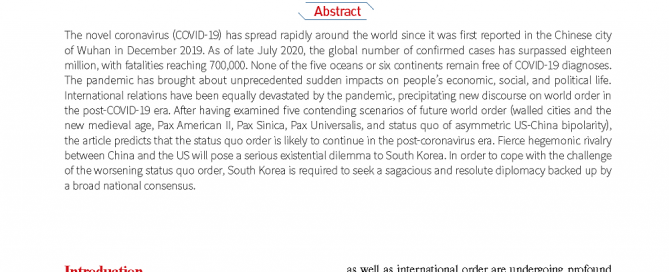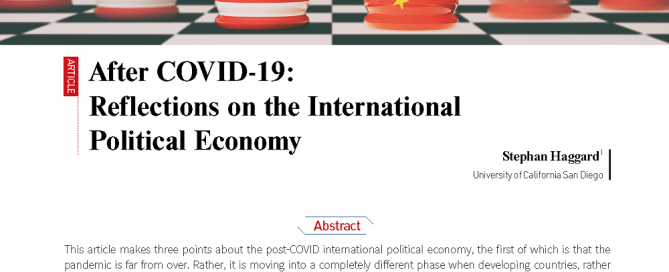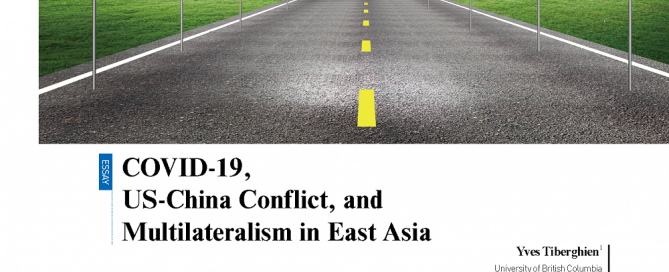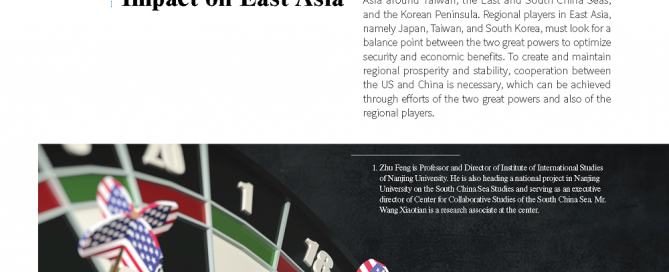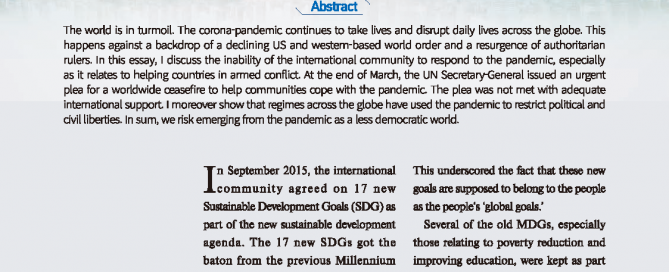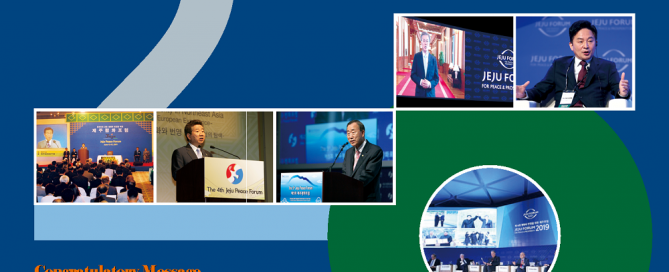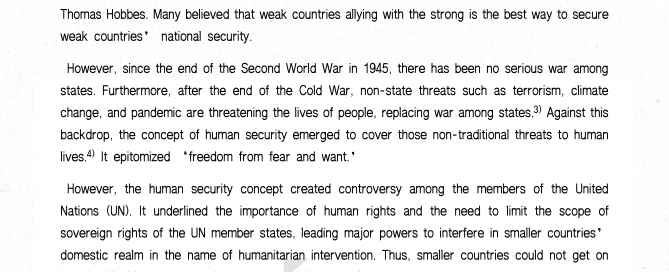The Vision for and Role of Jeju to Be Established as a Northeast Asian Environmental Hub
Jeju Island, due to its insular traits, possesses distinctive environmental resources, whose picturesque scenery exhibits a unique local charm. Other valuable assets of the island include its natural environment represented by peculiar geological formations such as Mt. Halla, its mid-mountainous regions, parasitic volcanic cones, waterfalls, and lava tubes, alongside the various living conditions that are home to more than 7,800 species. In this regard, Jeju provincial government has worked to establish the island as a World Environmental Hub (WEH) since it hosted the 2012 World Conservation Congress (WCC). During that year’s WCC, Jeju expressed the will to develop its environmental value into a global brand and reestablish itself with a global social, economic, and environmental system to be recognized as a WEH. The local government had also promoted the Master Plan for Establishing the WEH System since 2014 when it launched the Vision and Plan for the Northeast Asian Environmental Hub (NEH) 2030. This paper examines the requirements for establishing the vision for the NEH system.

